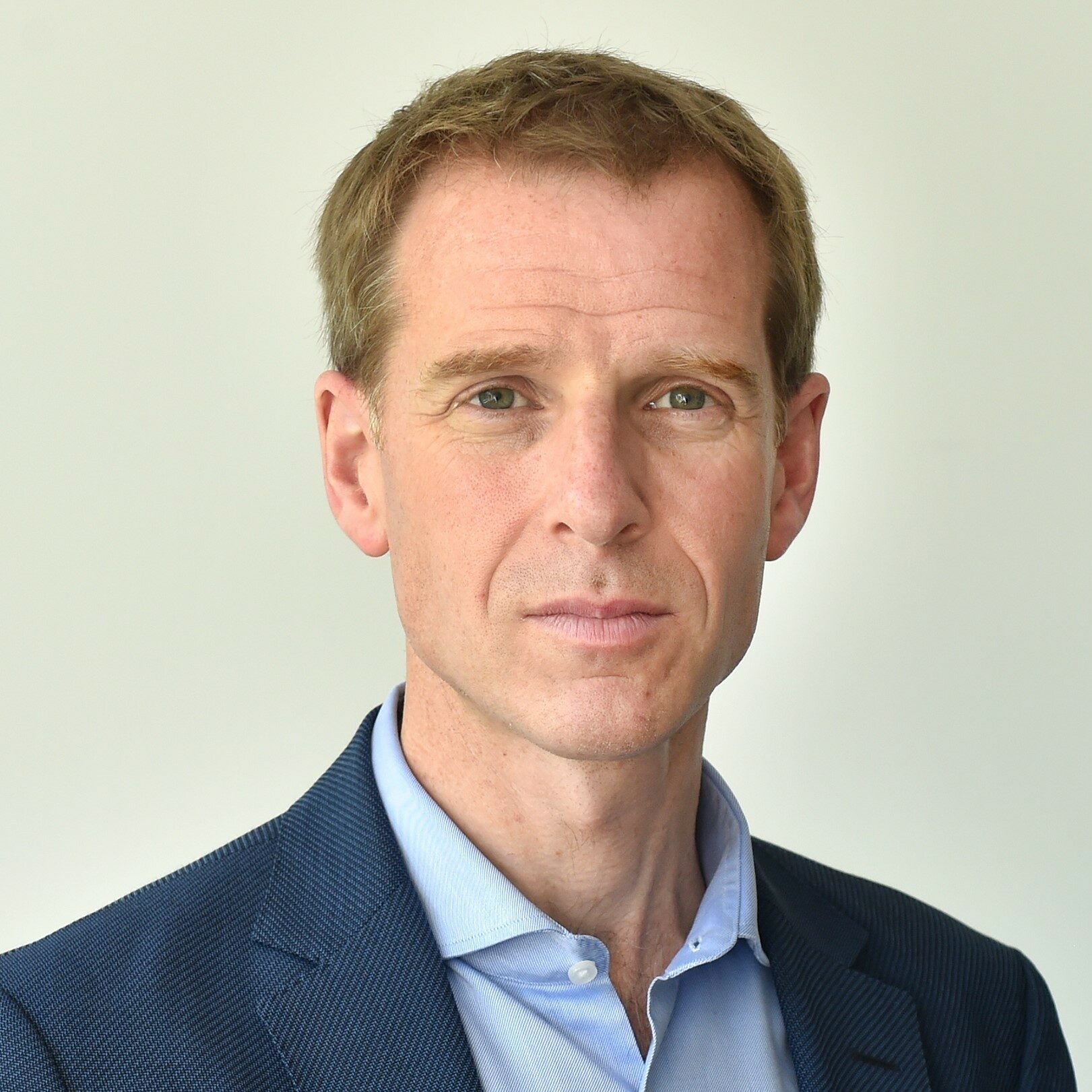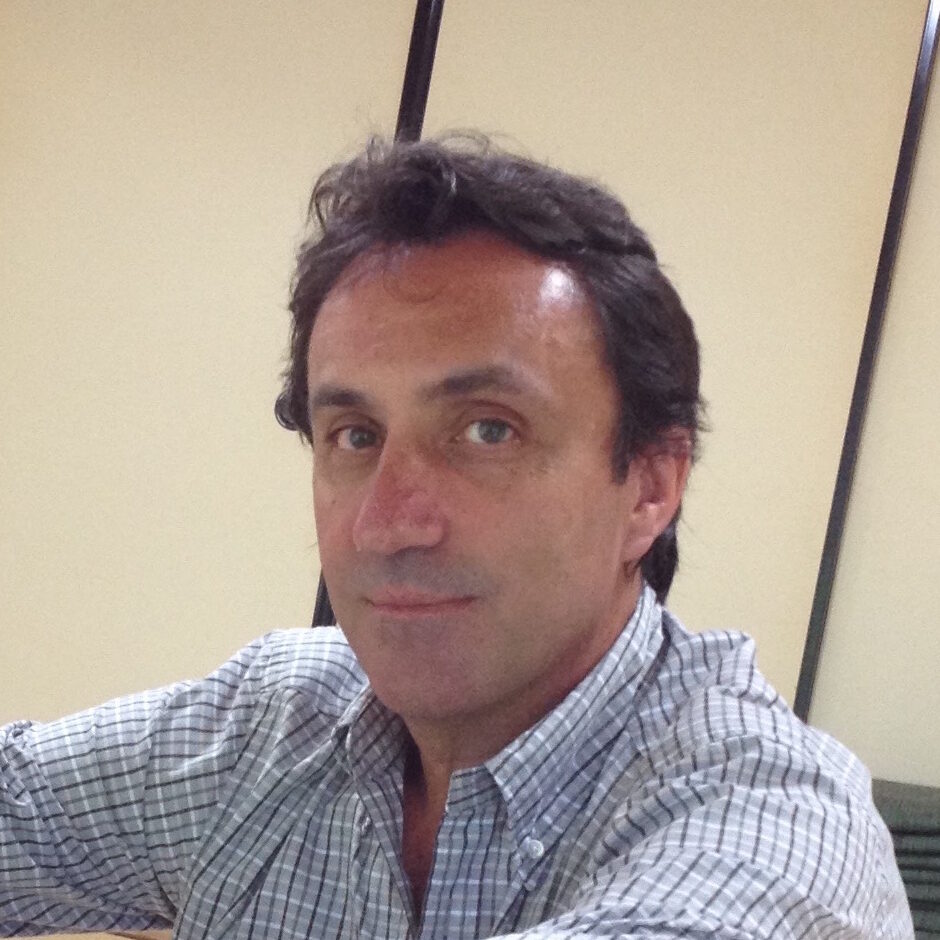Universidad Carlos III de Madrid
” We all agree that we need to change the way we measure Science, why we don’t do it? – This was my statement in the Open Science Conference in April 2016, under the Dutch Presidency of the Council of the EU. Six years later, I think exactly the same. The WWW and the digital transformation changed our world, but we continue performing, funding and assessing research as we did in the last century. We need better science to address societal challenges and a different research system is not only possible but necessary. I am thrilled to continue the work initiated as chair of the Open Science Policy Platform (OSPP), now as a member of the CoARA Steering Board, I look forward to working with the rest of the CoARA SB members on the key challenges ahead.”






